Pack Weight: 50g .
Price : 18 $ USD
Components :
Cucurbita pepo / seeds
Cinnamomum aromatium / bark
Populus alba / buds
Urtica dioica / roots
TEA 23 :
Infusion made from natural medicinal plants with no side effects
Indications :
- Prostate hypertrophy and infection
- Prostate problems: dysuria (difficulty urinating), dyspareunia (pain during sexual intercourse)
- Sexual difficulties
- Prevention of benign prostate hypertrophy
Enhanced Effect:
The effect of TEA 23 is more beneficial if, in addition, it is used in the case of:
- Urinary infection, infusion 36
- Urinary stones, infusion 2
- Renal colic, infusion 53
- Sexual function disorder, infusion 51
- Sexual weakness, infusion 19
- Sterility problem, infusion 99
Prostate:
The prostate is a gland of the male reproductive system, located between the pubis and the rectum. It is about the size of a walnut and surrounds the urethra (the duct that transports urine from the bladder to the outside). It is located beneath the bladder, in front of the rectum, and weighs about 25 grams with dimensions of 3 cm in length and 4 cm in width. Its size increases with age, potentially reaching twice or three times its normal size after the age of 60.
Its function is to produce 10 to 30% of seminal fluid (the main component of sperm), made up of specific cells:
- Glandular cells that secrete fluids for ejaculation
- Muscular cells that help expel sperm during ejaculation
- Fibrous cells that maintain the structure of the gland
The prostate has 3 zones, from the inside out: transitional, central, and peripheral. With aging, it is the transitional zone that increases in size (benign prostate hyperplasia).
The prostate produces prostatic fluid rich in enzymes, proteins, and minerals that nourish and protect sperm. It allows ejaculation by contracting and promotes fertility with enzymes that help sperm penetrate the cervical canal.
Prostate Diseases:
- Acute and chronic prostatitis
- Prostate congestion (prostatic adenoma)
- Benign or malignant prostate hypertrophy
- Benign prostatic hypertrophy or hyperplasia (BPH), which develops in the cranial part of the prostate and affects people over 50 years old. Its incidence increases linearly with age, reaching its peak at the age of 80 (24%).
In BPH, the architecture is preserved with a nodular appearance and hyperplasia of various components (epithelial smooth muscle and fibroblastic tissue of variable intensity). There is: a contraction of smooth muscle cells through the sympathetic nervous system; hyperplasia of glandular connective tissue stimulated by androgens, particularly dihydrotestosterone; contraction of smooth muscle in the gland (dynamic mechanism) and an increase in the volume of the gland (static mechanism).
Symptoms:
- Increased frequency of urination (first nocturnal, then during the day)
- Painful urination
- Weak urinary stream
- Difficulty initiating the first stream of urine
- Intermittent flow with urinary retention
- Feeling of incomplete bladder emptying
- Presence of blood in the urine
- In advanced cases, renal insufficiency
- Decreased strength during ejaculation
Advice:
- Drink plenty of fluids
- Avoid sexual stimulants (aphrodisiacs) and sexual excitations
- In the case of chronic infection, do not massage the prostate
- Do not overindulge in sexual intercourse (reduce frequency)
- Avoid masturbation
- Treat constipation if it occurs
- Have annual PSA (prostate-specific antigen) tests for people over 40 years old

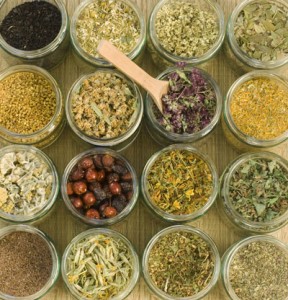
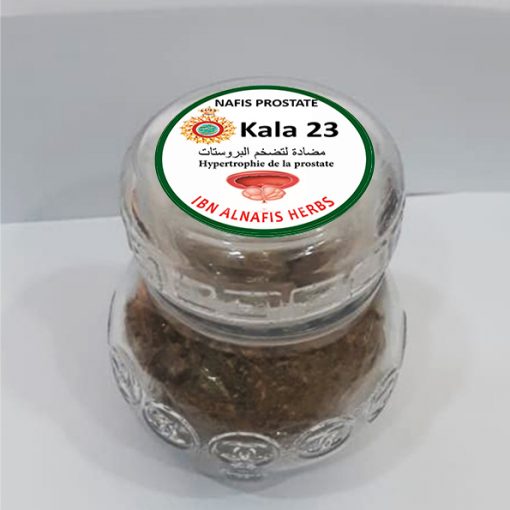
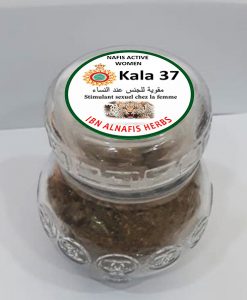
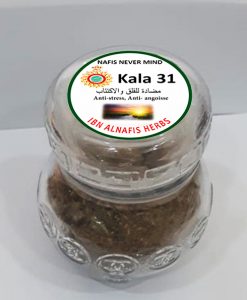
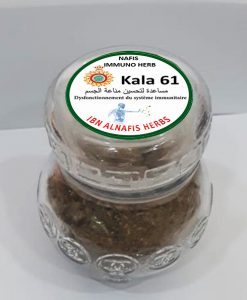
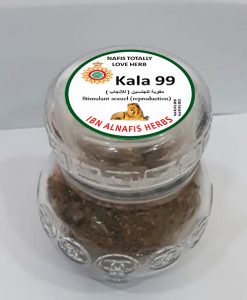
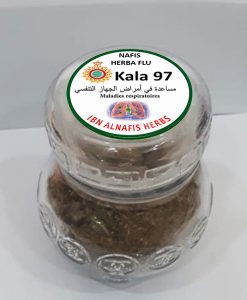
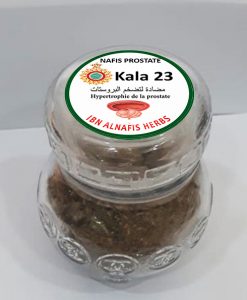
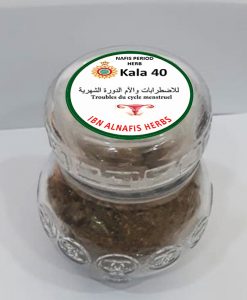
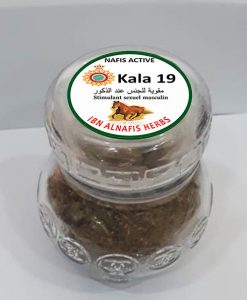
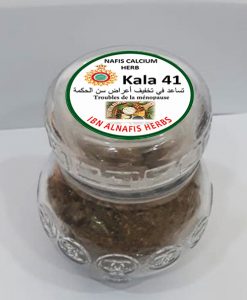
Reviews
There are no reviews yet.